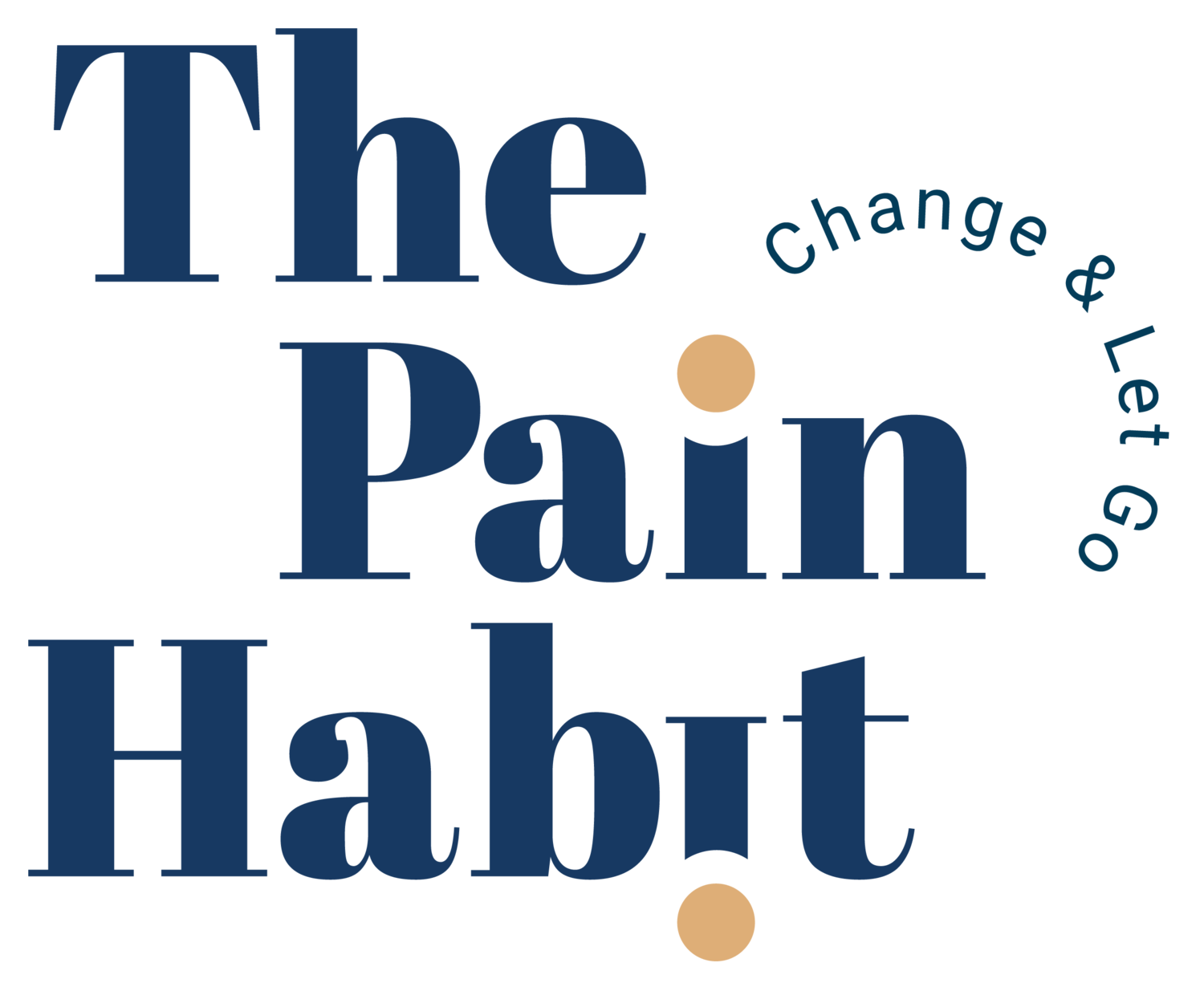Maybe It Is Time To Cry
A Situation in Life
A patient started to talk about the situation in her life, and the more she described, the sadder she got.
The unfortunate details included close family members with health conditions that she felt responsible for as their last remaining carer. A couple of people needed care, which took up most of her energy and resources, and both were in situations that were likely to decline over time.
Brave Face
She felt that she had to bravely face them and others who asked her about these situations. The emotional charge attached to what was happening was huge and affected her health. The pain was the indicator that she was struggling to cope with the demands of her situation.
Before feeling the pain, she’d noticed other symptoms that she understood were related to the stress response. She realised that she’d probably pushed past or ignored these.
Eventually, she’d gotten to the point where she’s started some antidepressant medication on discussion with her GP. Although it helped her cope a little better with some aspects of her life, she developed physical pain.
Organic Drivers
Once the organic drivers for structural pain have been excluded and the circumstances of how persistent pain develops are explained, it became apparent that this had happened to her.
She repeated the different stressors that she had to deal with, and then she started to cry.
Then, as she felt the tears and the accompanied sob, she apologised and explained that it was the first time she had called for two years since starting the antidepressants.
Nothing to Apologise For
I explained that she had nothing to apologise for.
Those tears represent the emotion behind the pain and all the others symptoms she had described that came before it. Medication is impressive in many circumstances, but it appeared to be blocking her from feeling how she needed to feel.
Emotional expression is so vital in any stressful situation. If it is not possible to express it when the stress appears, it has to be expressed soon after.
Temporary Measure
Keeping a lid on it is only a temporary measure, and whatever is being used to block that expression never lasts.
The brain and body need to metabolise, express and recover from stress to regain the balance which allows us all to rest, repair, renew and grow. How we do that is not important as long as it is a healthy way of expression.
Only then can we create the space to momentarily step away from the threat that drives an unhealthy sense of stress.
Instinctual, Natural and Powerful
Crying is one of the most instinctual, natural and powerful ways to do it. She was denying herself that opportunity, felt embarrassed at doing it in front of me and was taking medication that prevented her from even feeling the need or ability to do it.
Vital to Express
Even though she couldn’t change the situation she was in, and it was likely to get worse, she understood how vital it was to find some way of expressing how she felt until those situations came to an end.
That expression creates a pause to allow other opportunities to appear, which may help her deal with the situation differently.
It will enable a period of rational thought where other ideas, solutions and strategies arise to assist us in difficult moments of her life.
Tears Allow Relief
Even the few tears in the clinic room allowed her some relief from her physical pain and, she paused enough to praise herself for everything she was currently doing.
It isn’t a cure for the situation, but it makes it a little more bearable.
She realised it was ok to cry, and she could see that its ok to allow herself that moment and others like it as she dealt with the current circumstances of her life.
Use What You Have
Whatever healthy ways of emotional expression are available to you, please use them.
Do what is intuitive, and don’t apologise for it.
The thing that you may feel resistant to using is probably the best thing to use. That may likely be the thing that you’ve been denying yourself.
If you are experiencing persistent pain, your brain and body are desperate for emotional expression that is different from the intensity of emotion you are feeling now.
Start Today
It doesn’t matter what you decide to use, but make it healthy and start today.
So move, breathe, or think thoughts that represent kindness and self-compassion you may not have felt for some time.
If it feels for you, like it did with this lady, then you may even think that it’s time to allow yourself to cry.
What’s next?
Take Your First Step to Recovery.
Join our FREE private Facebook group, The Pain Habit Community, to see how others have successfully returned to a pain-free life. Get support on your journey.
Sign up for The Pain Habit Blog below.
Subscribe to The Pain Habit YouTube channel.
Buy The Pain Habit book. Order here.


